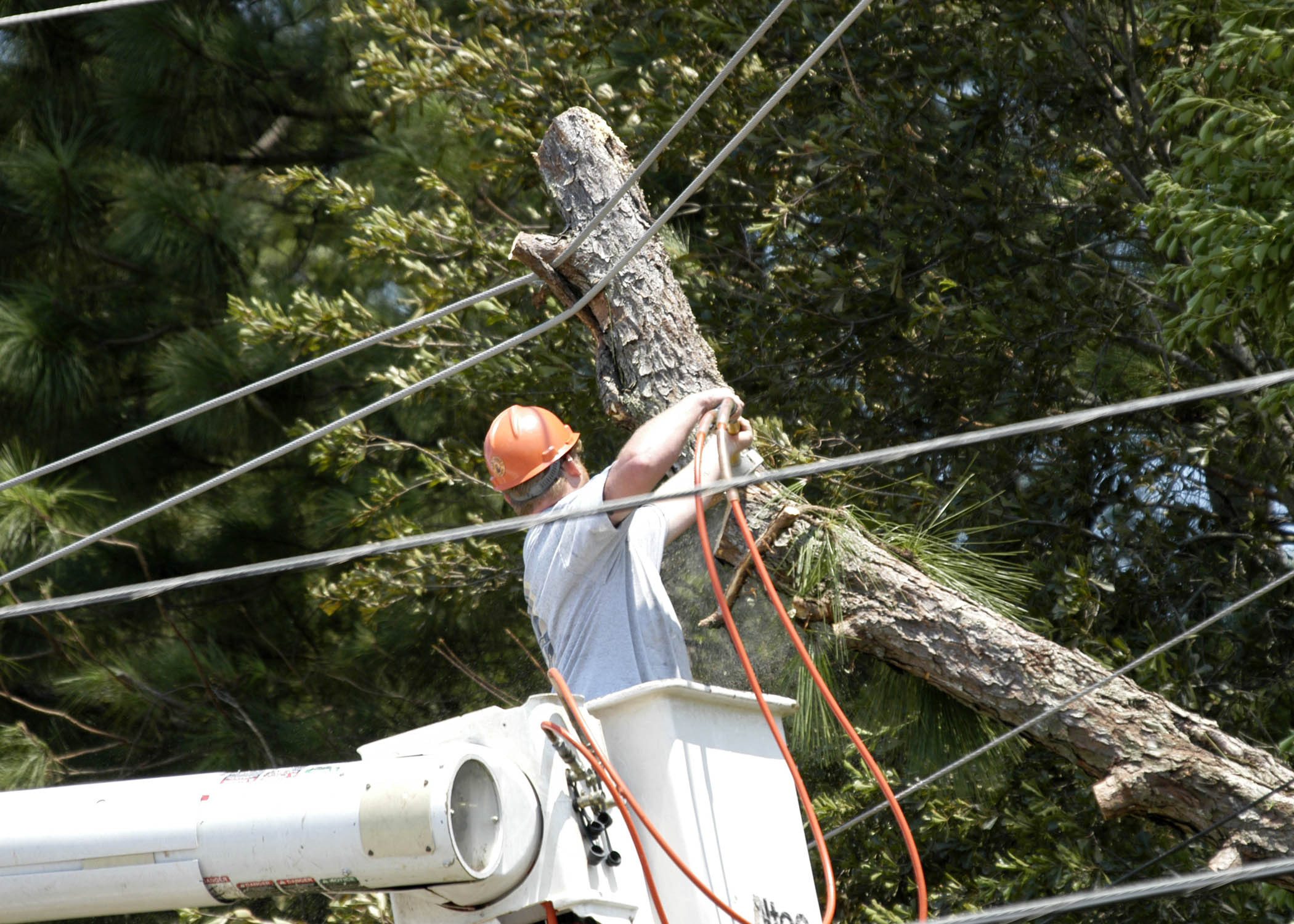In some instances, unit owners in a condominium association may collectively decide that it would be better to “end it all” and terminate the condominium rather than continue on with the condominium form of ownership. Perhaps the owners in an older condominium sitting in a prime location may want to terminate and sell out to a developer willing to pay top dollar. Or, perhaps the condominium is destroyed by a natural disaster, and terminating the condominium is preferable (or in some condominium documents, required) to facilitate liquidating the remaining assets of the condominium or redeveloping the property. The question then arises: How may the condominium association legally terminate the condominium?
Most condominium declarations contain a termination provision for the association to follow to terminate the declaration pursuant to the terms in the declaration. In addition, the 2007 Florida Legislature further attempted to address the process of terminating condominiums by amending section 718.117, Florida Statutes, to provide that a condominium could be terminated upon an approval vote of eighty percent of the unit owners, as long as not more than ten percent of the unit owners opposed the termination. In addition, the 2007 legislative amendment intended to be applicable to all existing and future condominiums, by providing that “[t]his section applies to all condominiums in this state in existence on or after July 1, 2007.” However, the newer statutory termination language was tested in the Third District Court of Appeal case captioned The Tropicana Condominium Association, Inc. v. Tropical Condominium, LLC et al., 208 So.3d 755 (Fla. 3d DCA 2016).
In Tropicana, the condominium association’s 1983 Declaration of Condominium (“Declaration”) provided that the condominium could be terminated by the written consent of all of the owners of units in the condominium and all institutional mortgagees holding mortgages on condominium parcels. The Declaration did not include “Kaufman” language, by which we mean it did not include text incorporating future amendments to the Condominium Act “as amended from time to time”. As noted by the Tropicana Court, absent “Kaufman” language in the Declaration, any changes made by the legislature to the Condominium Act subsequent to the effective date of the Declaration do not become a part of the declaration automatically. The Declaration also restricted amendments to the termination process, prohibiting amendment without “the consent of all Unit Owners and all record owners of institutional Mortgages upon the Units.” The condominium association attempted to amend the termination language in the declaration under the general amendment provisions of the declaration without obtaining approval of all the unit owners and all of the mortgagees of record. A group of unit owners sued the condominium association, challenging the amendment to the termination provisions without the 100% approval of the owners and mortgagees as stated in the declaration. The condominium association argued that its effort to amend its Declaration was unnecessary and inconsequential because the Florida legislature’s intent was that its 2007 amendment to section 718.117 have retroactive application.
On appeal, the Tropicana Court held that since the Declaration did not contain “Kaufman” language to automatically incorporate the 2007 statutory amendments into the Declaration, the court, relying on Cohn v. Grand Condo. Association, Inc., 62 So. 3d 1120, 1121-22 (Fla. 2011) and Pomponio v. Claridge of Pompano Condominium, Inc., 378 So.2d 774,780 (Fla. 1979), held that retroactively applying the termination statute amendments to essentially ignore the unanimous approval requirements in the Declaration to change the termination process in the Declaration “would eviscerate the [unit] owners’ contractually bestowed veto rights[,]” which would “work a severe, permanent, and immediate change in those unit owners’ safeguards against condominium termination that are built into the Declaration.” (Citations omitted). Therefore, the Tropicana court held that the condominium association’s Declaration amendments were defective, and applying the 2007 statutory termination amendments, notwithstanding the termination language in the Declaration, would be an unconstitutional impairment on the contractual rights provided to the unit owners in the Declaration.
After the Tropicana decision was issued, the Florida legislature subsequently amended Section 718.117, F.S. again with Chapter 2017-122, Laws of Florida, effective July 1, 2017, and included language to assert that the statutory termination procedures were applicable to all condominiums in the State of Florida in existence on or after July 1, 2017, and that the amendments were “intended to clarify existing law, are remedial in nature and intended to address the rights and liabilities of the affected parties, and apply to all condominiums created under the Condominium Act.” No new cases have been issued since the new legislation took effect, so it is unclear whether the new legislative amendments to Section 718.117, F.S. will withstand judicial scrutiny, but it is clear that the Florida legislature’s intent is that the termination statute as amended be applied retroactively to existing condominiums.
In light of the holding in the Tropicana decision and recent legislative actions concerning the termination process, if your condominium association wants to terminate the condominium, the association board should not rely on the termination process in the Condominium Act without first consulting with its association counsel to review the Declaration’s termination provisions, and having a discussion with the association board and its counsel regarding the proper procedures for terminating the condominium before attempting to terminate the condominium.
CUP

